TBD


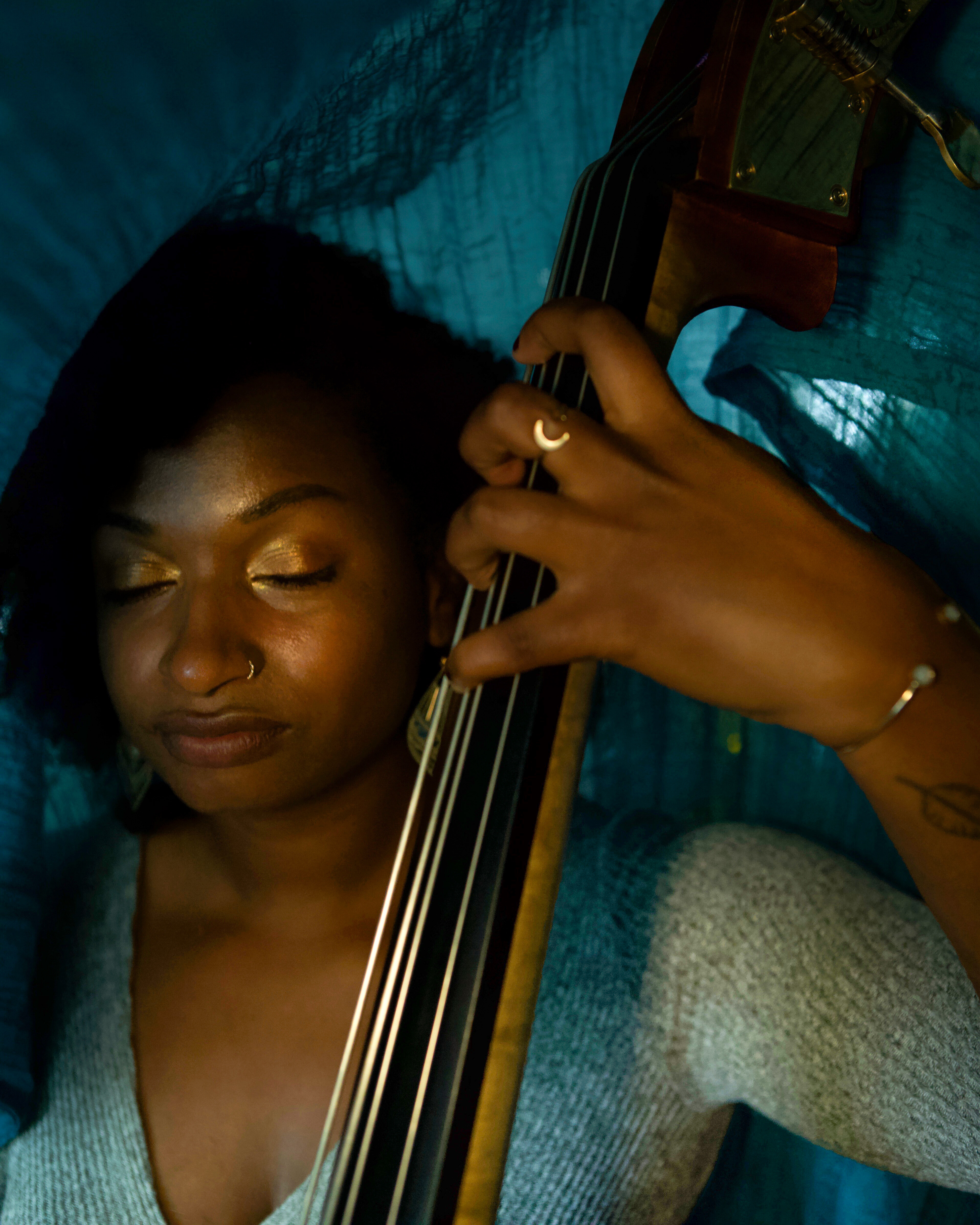



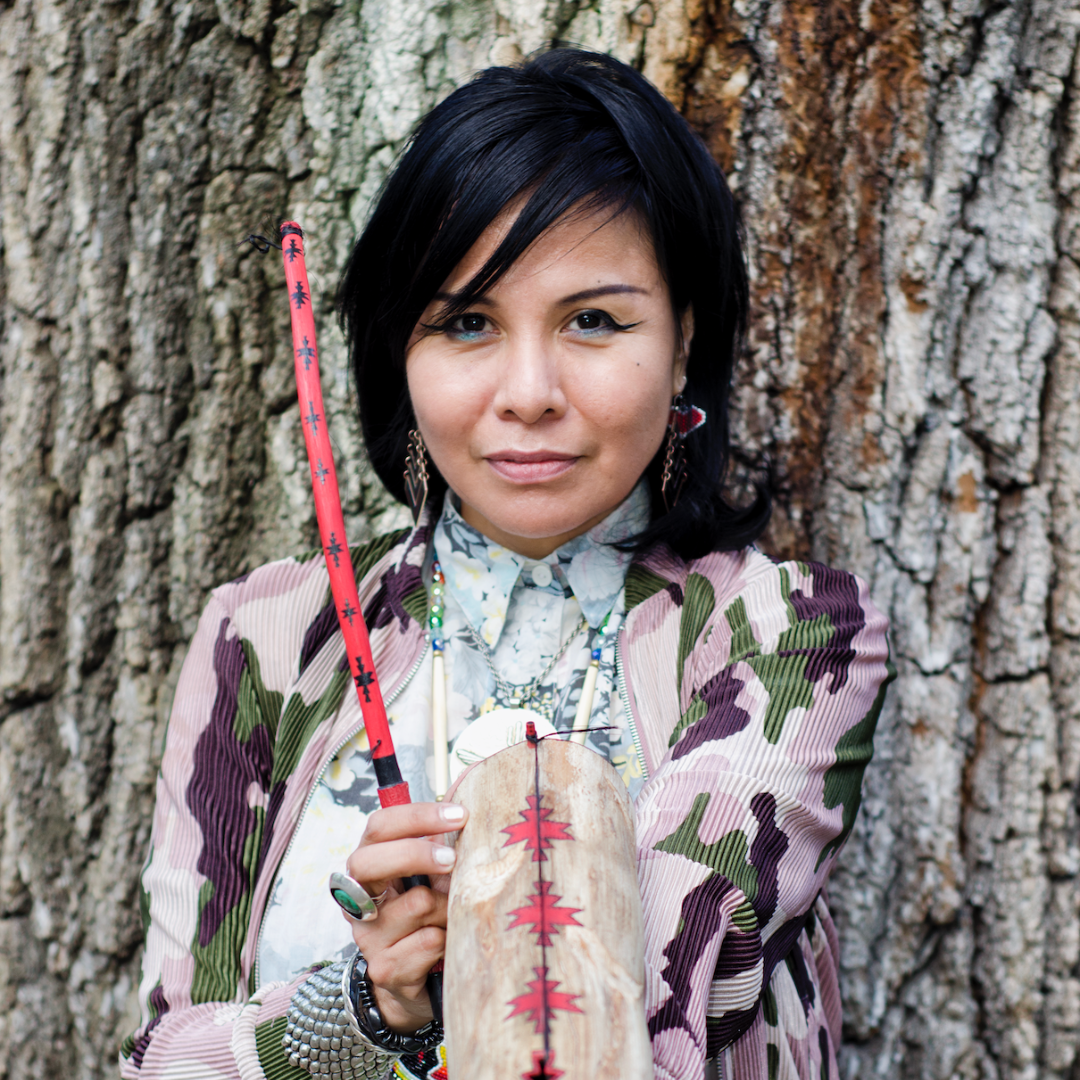

.jpg)

.png)
.png)


.jpg)
.png)
.png)


.jpeg)










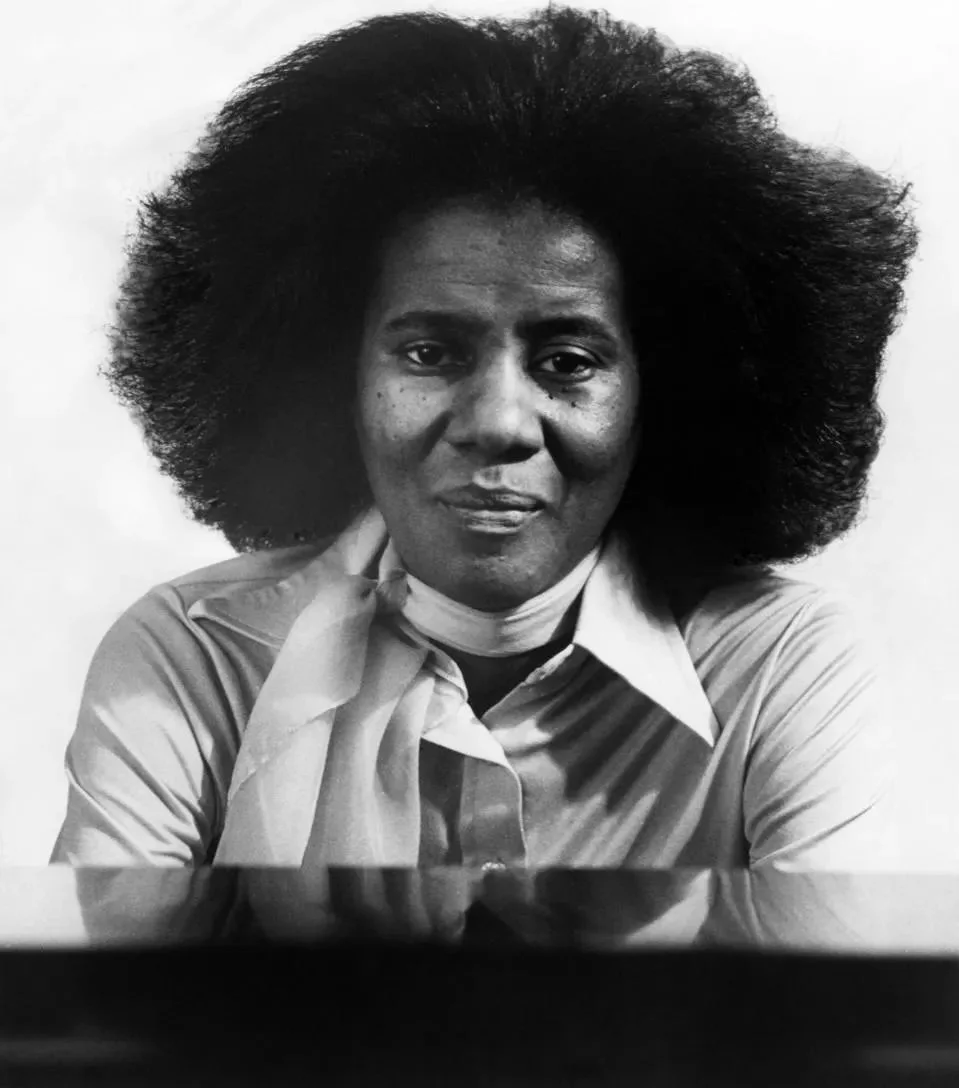




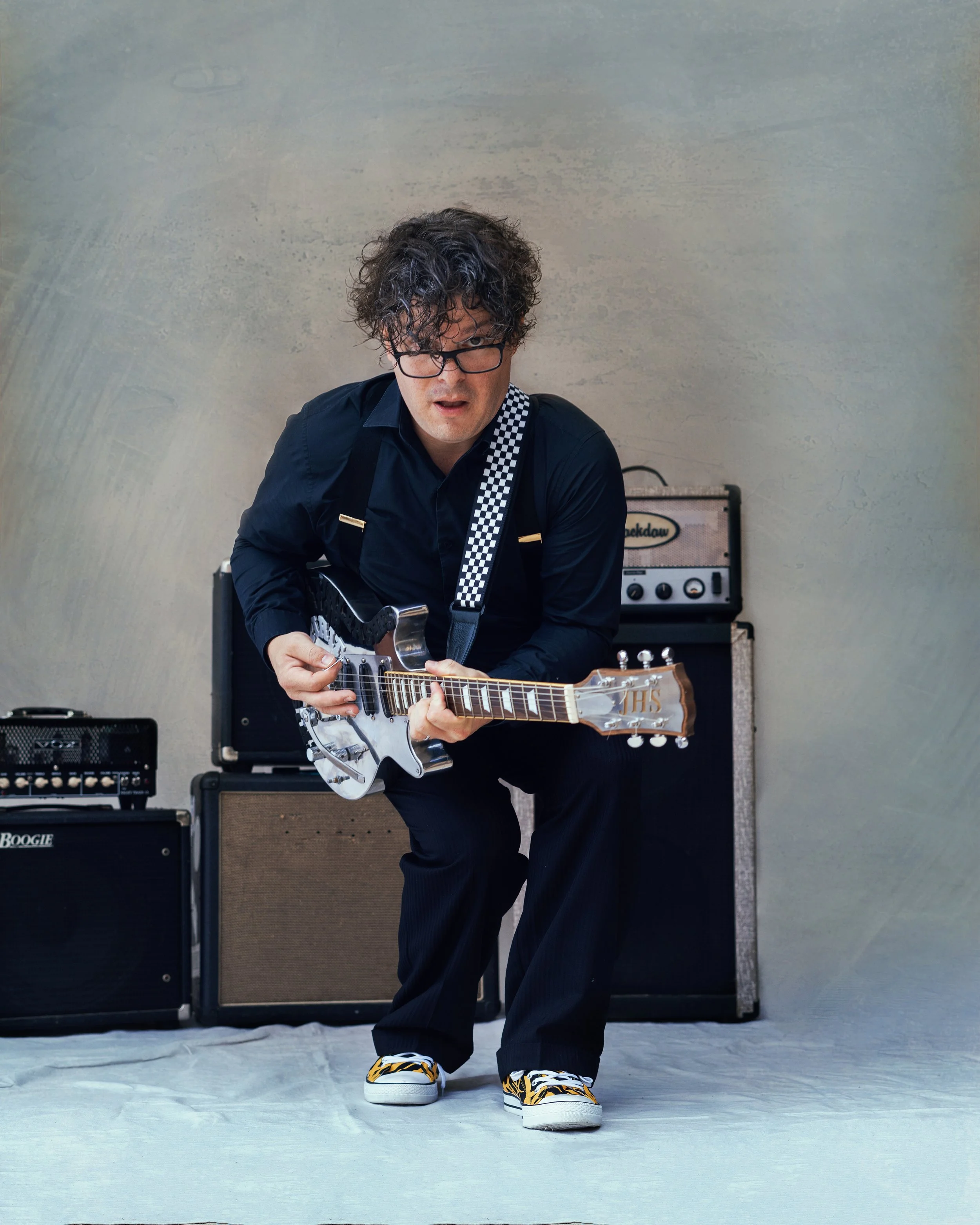

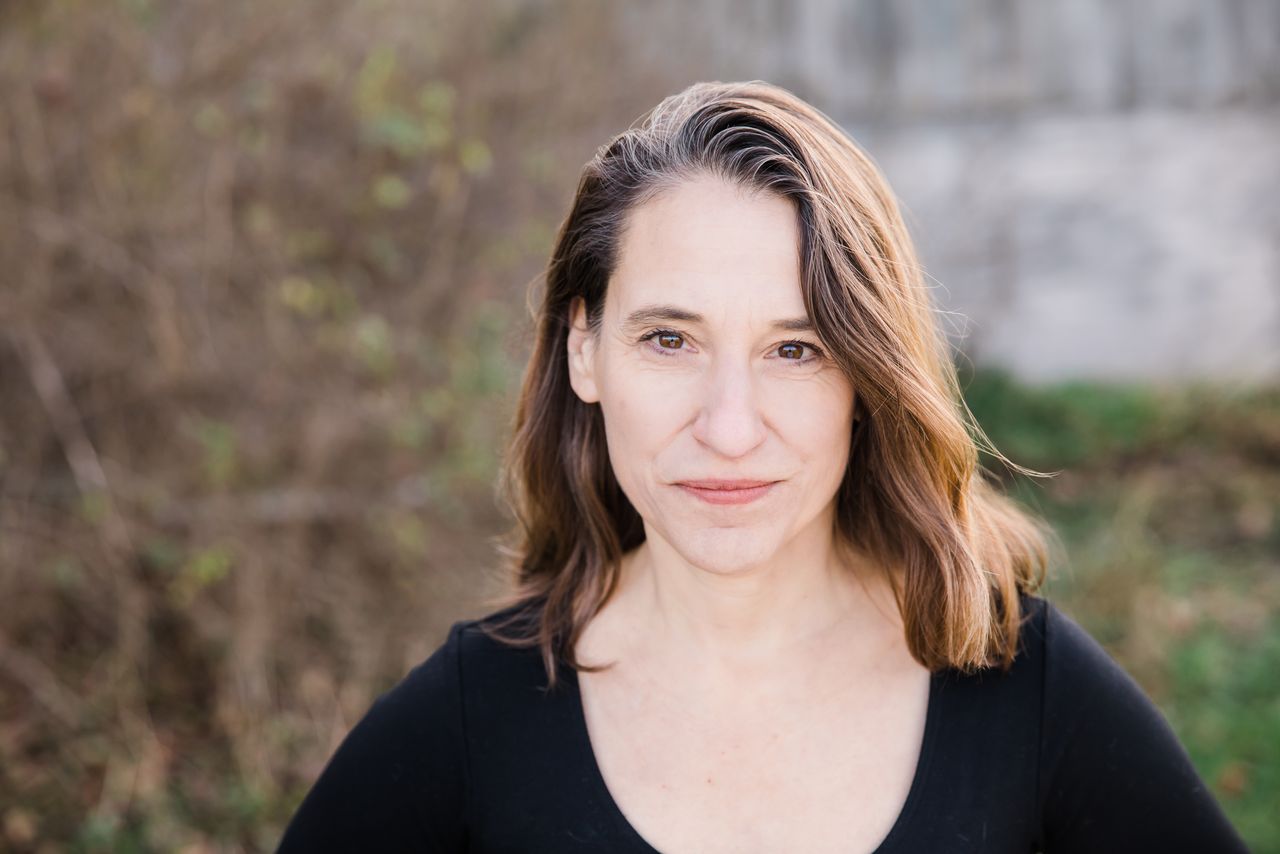

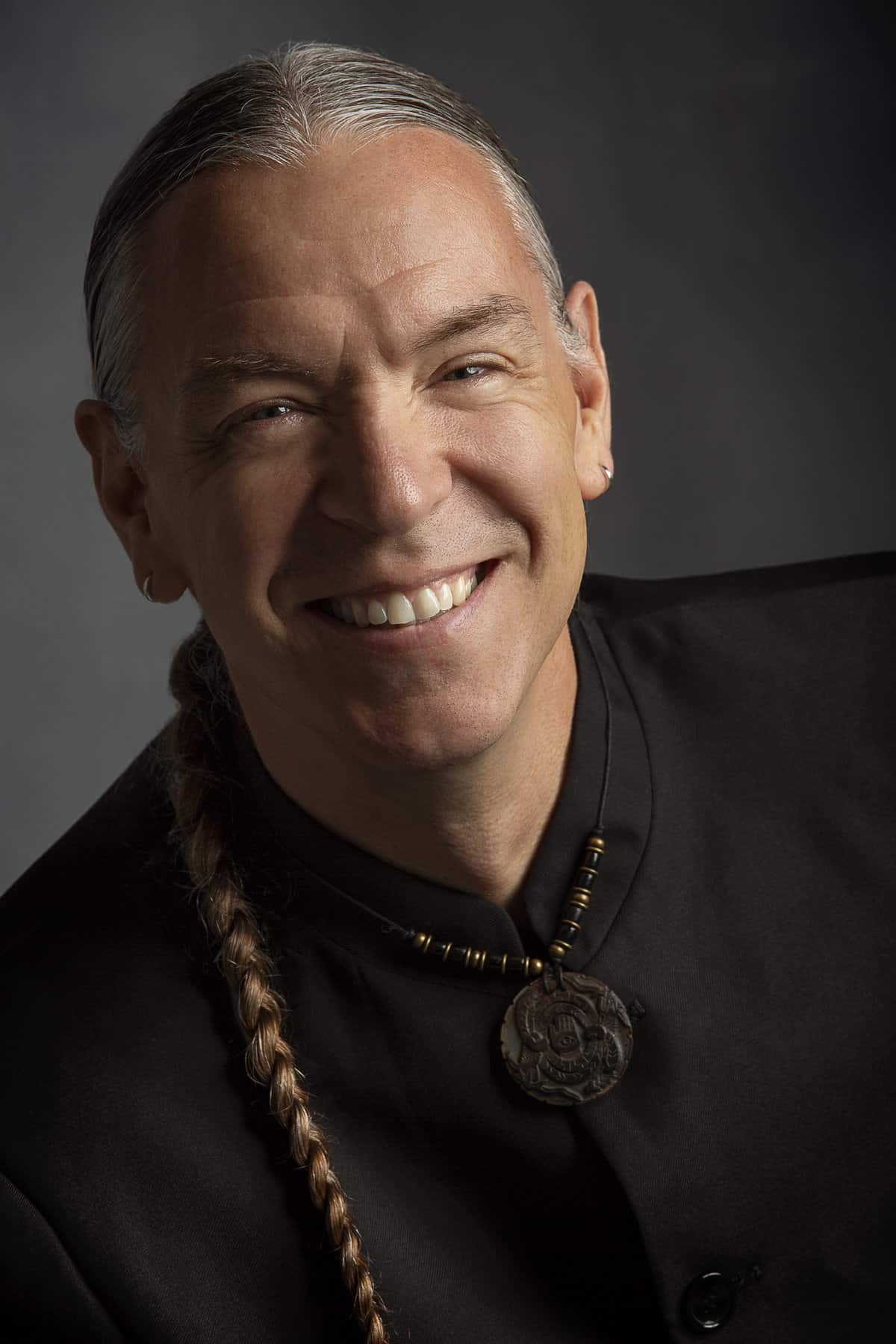
.webp)



.jpg)
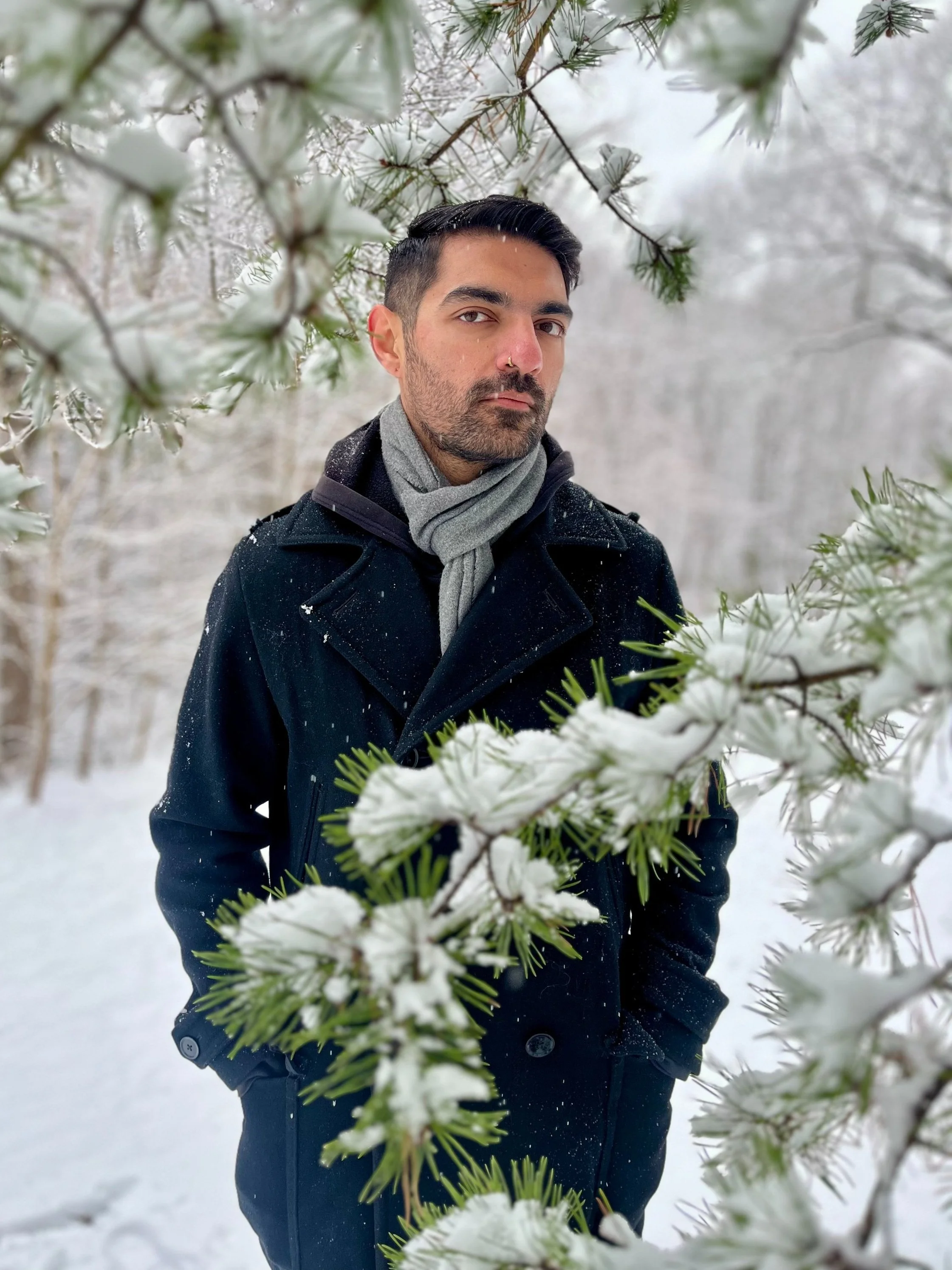
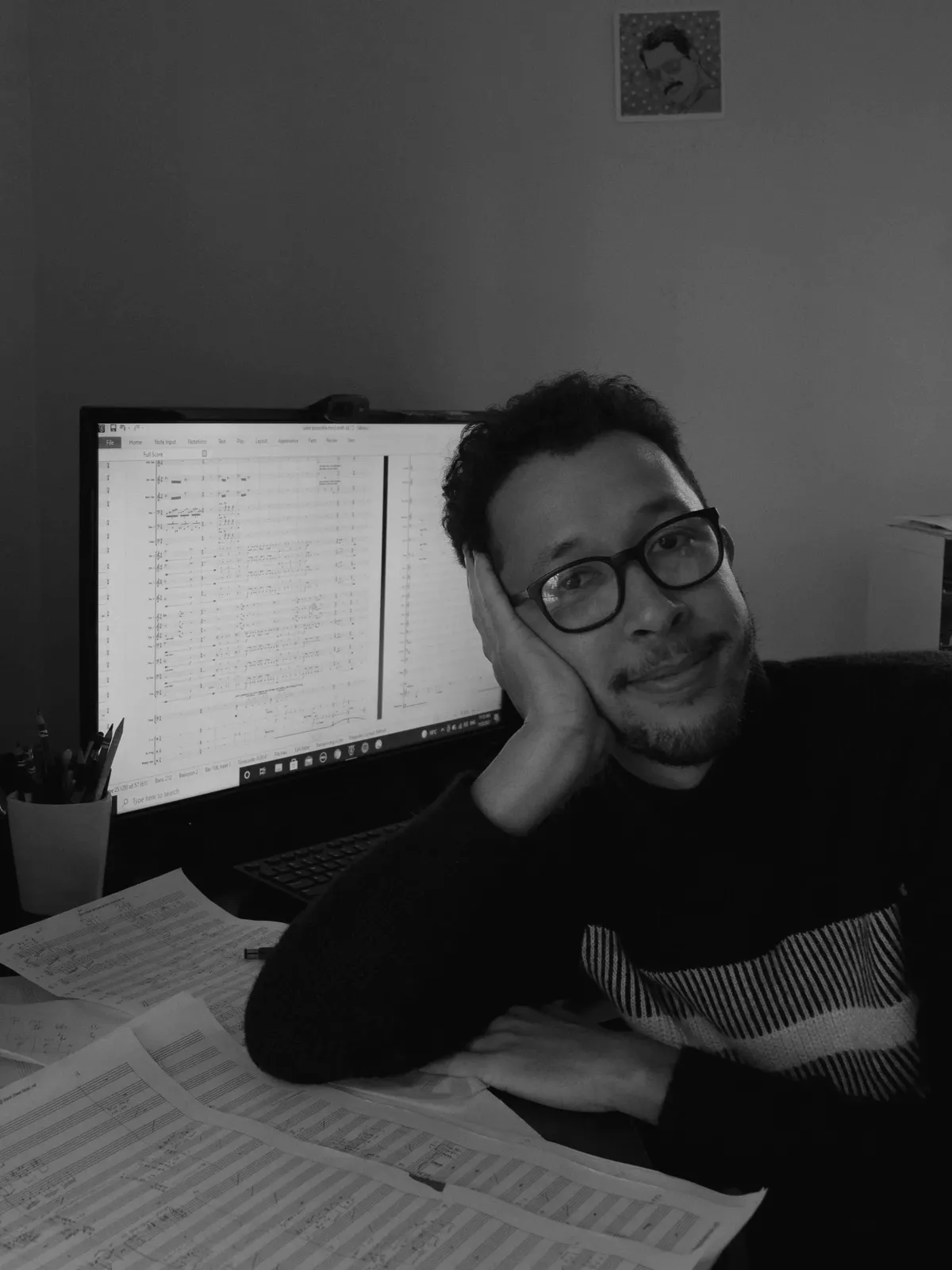
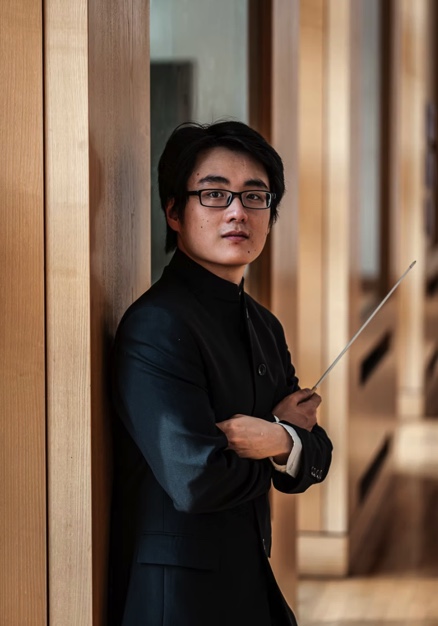



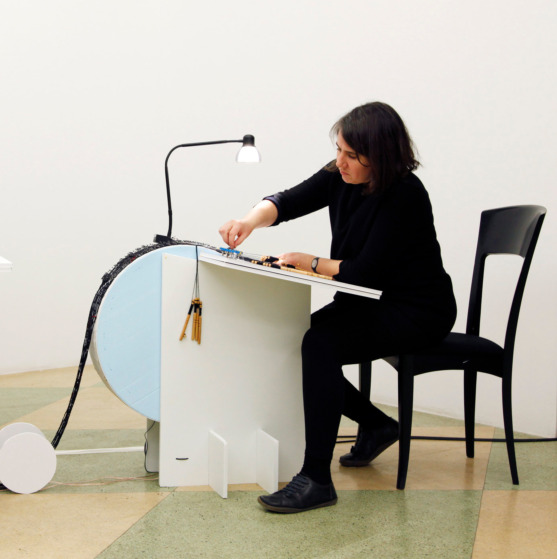


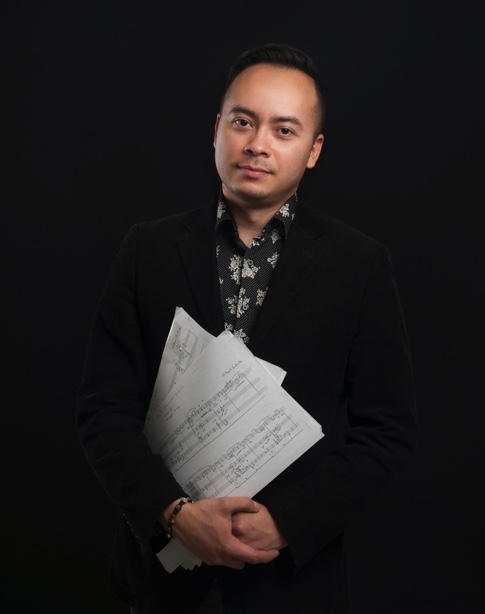

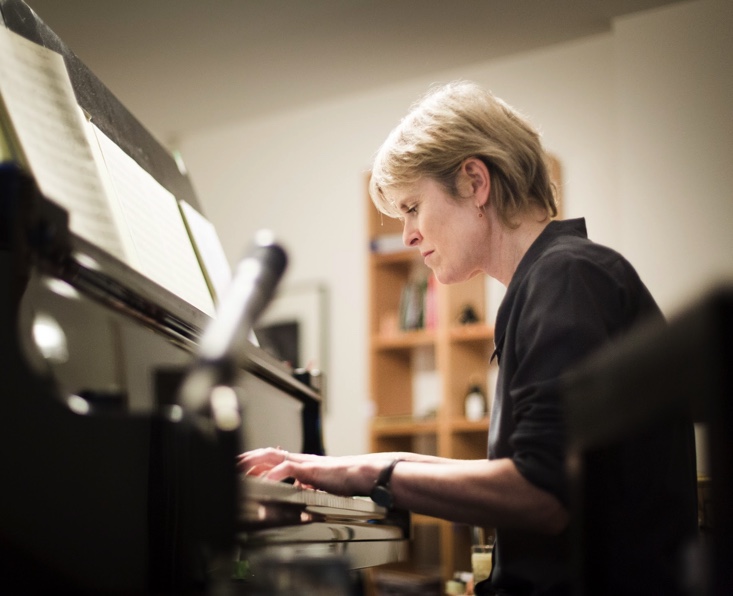
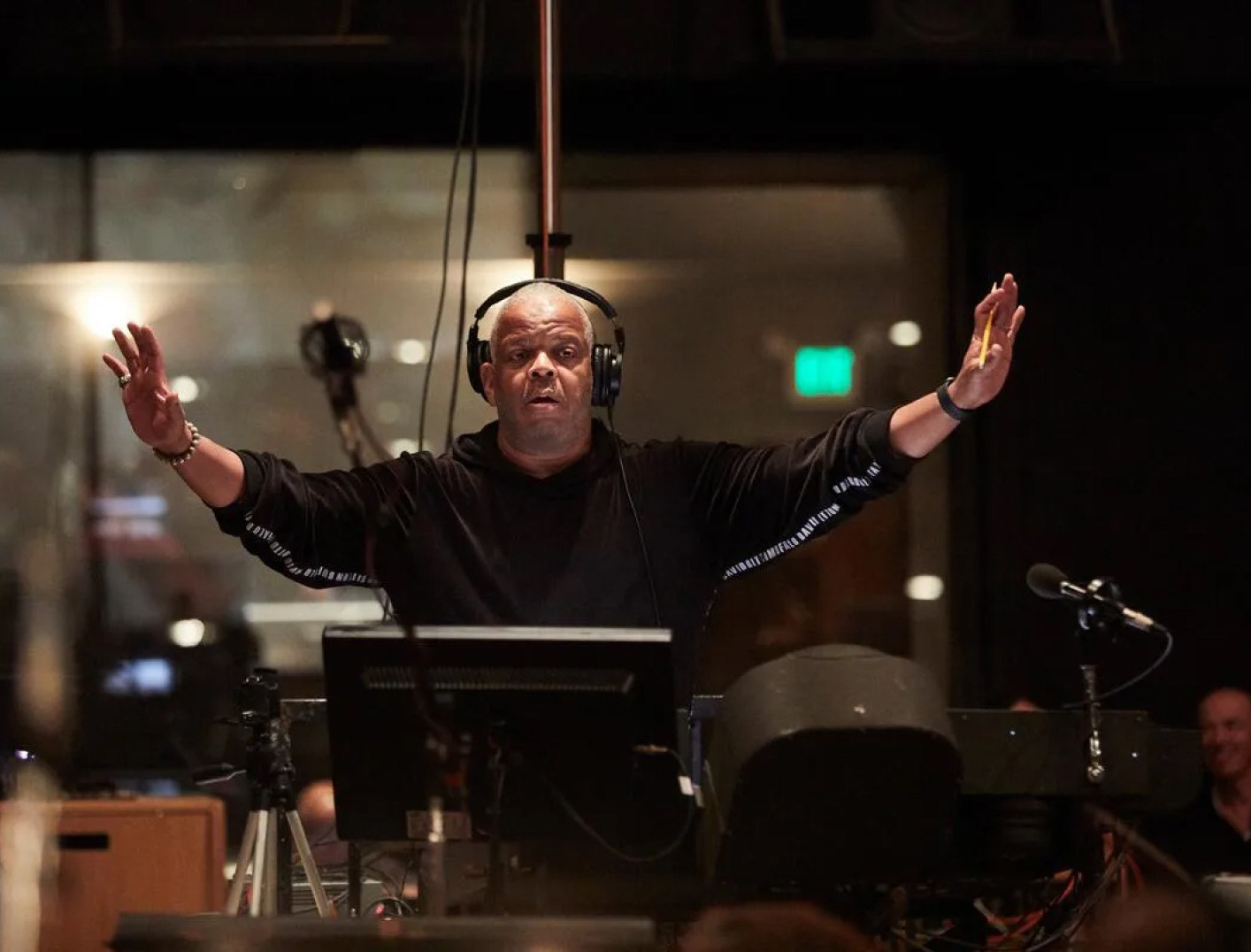


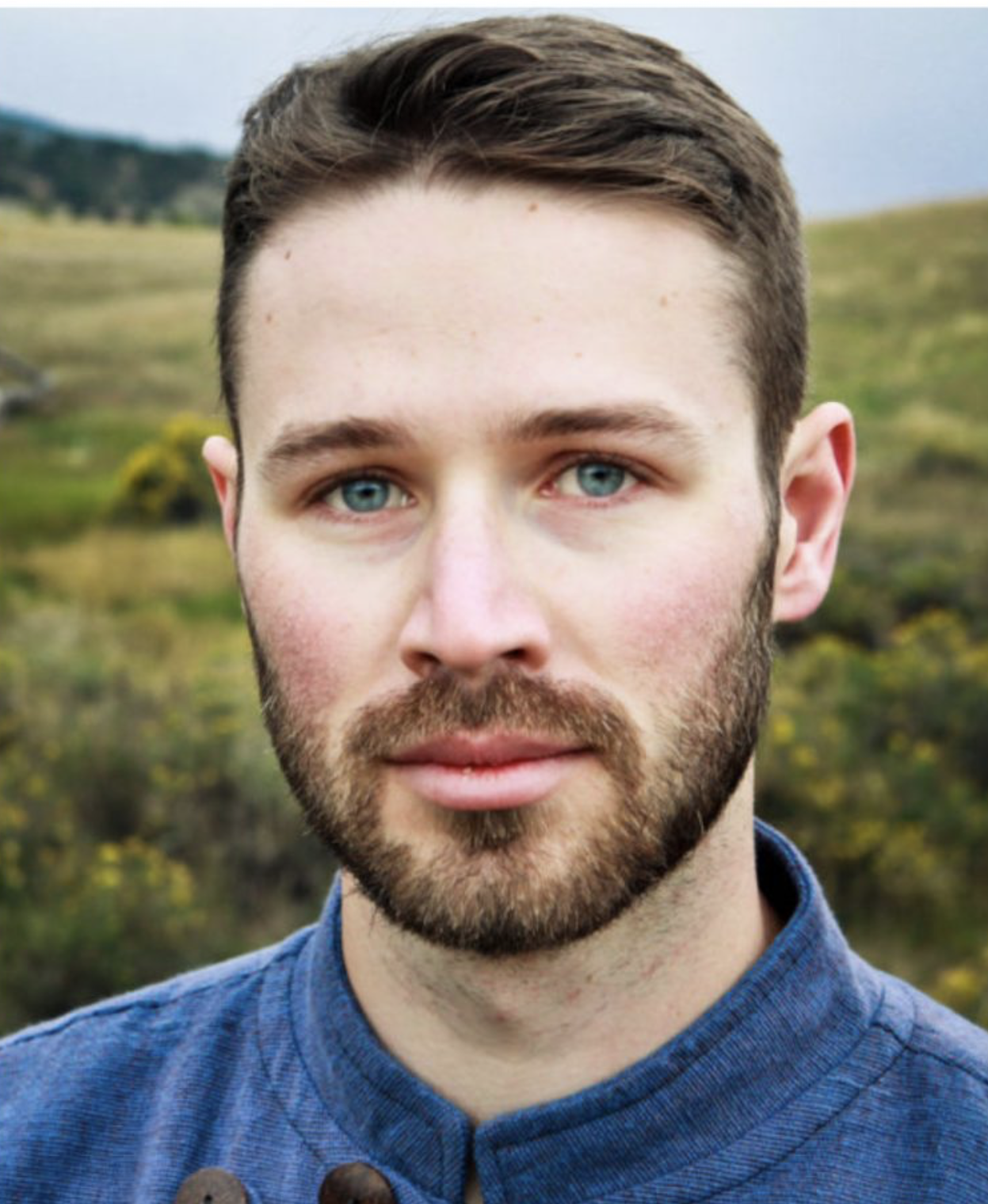



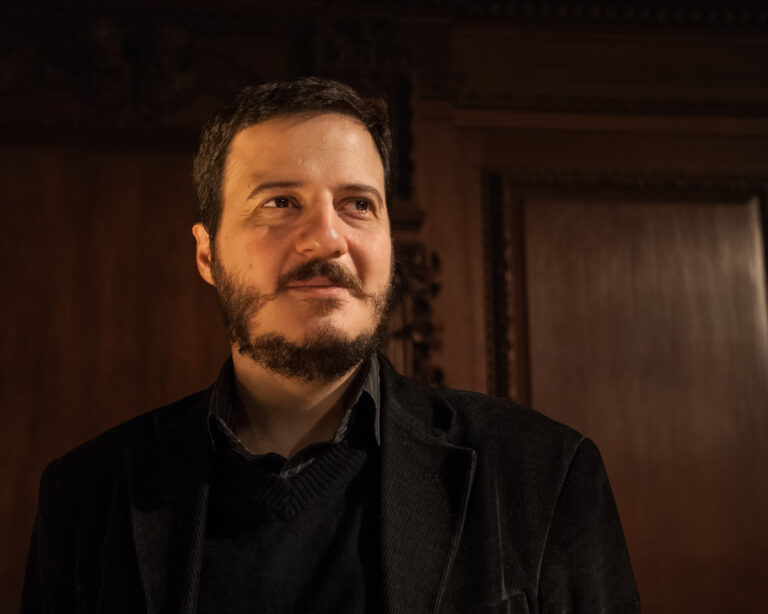
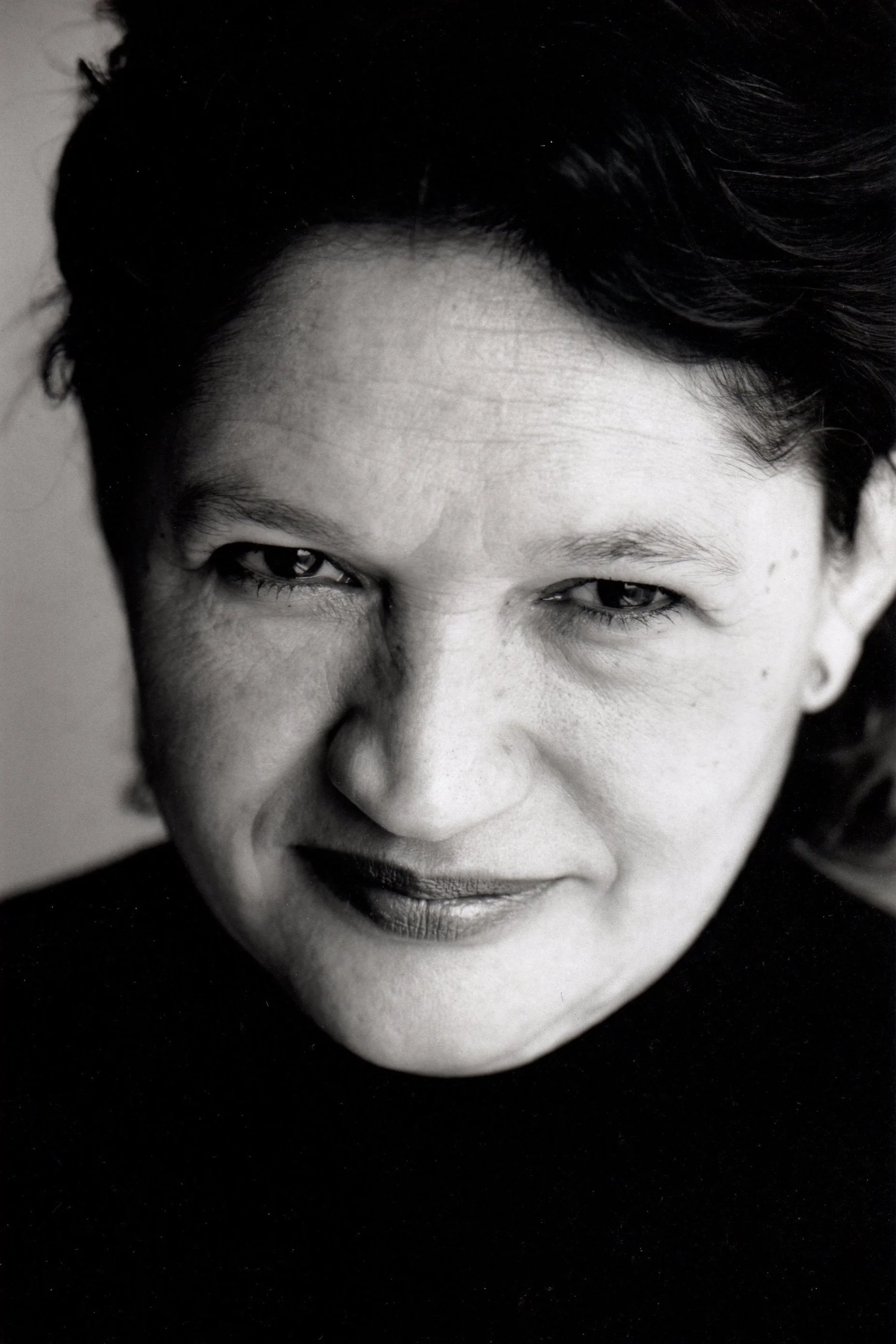

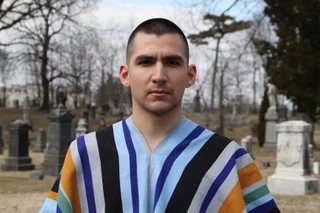


.webp)
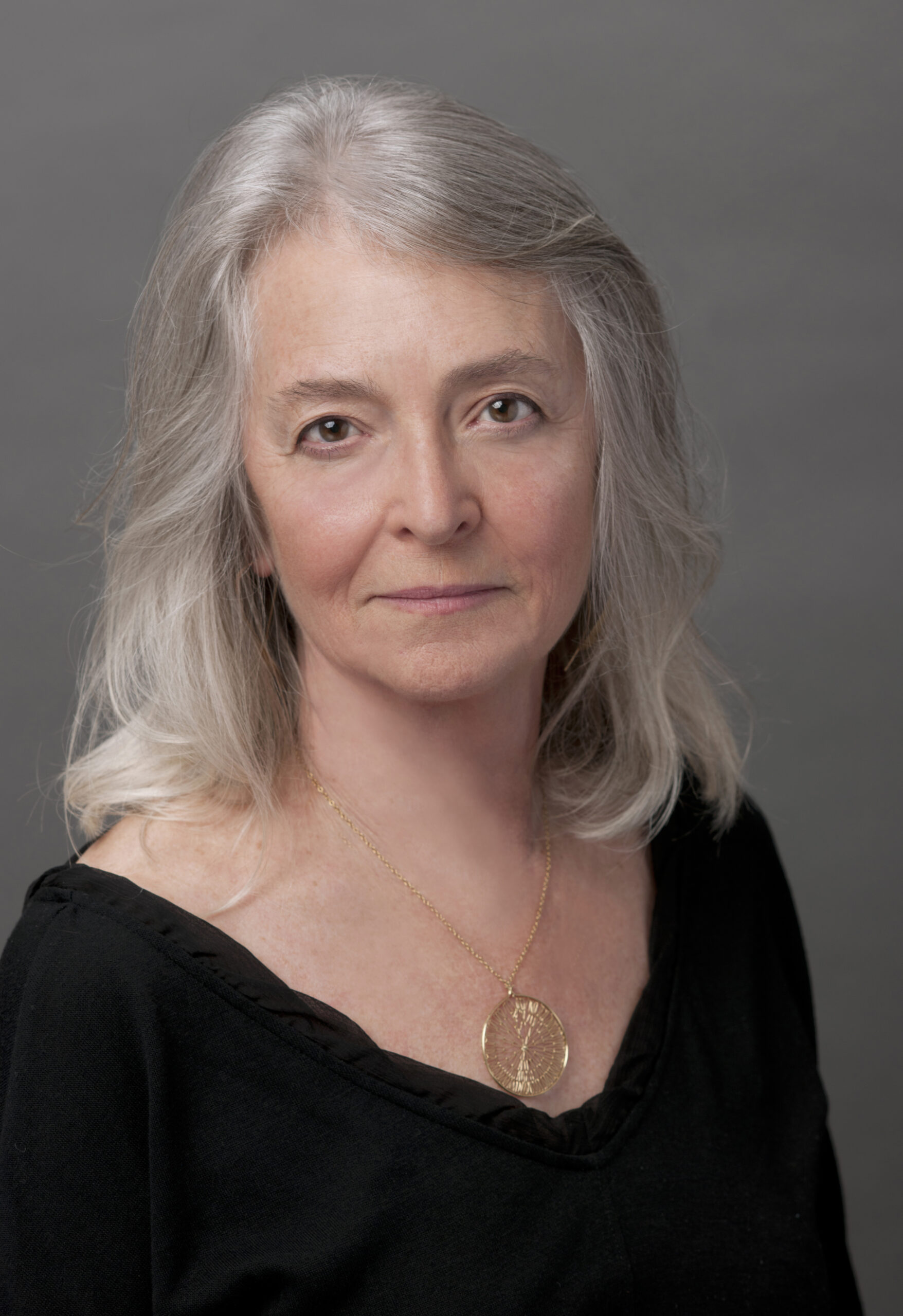
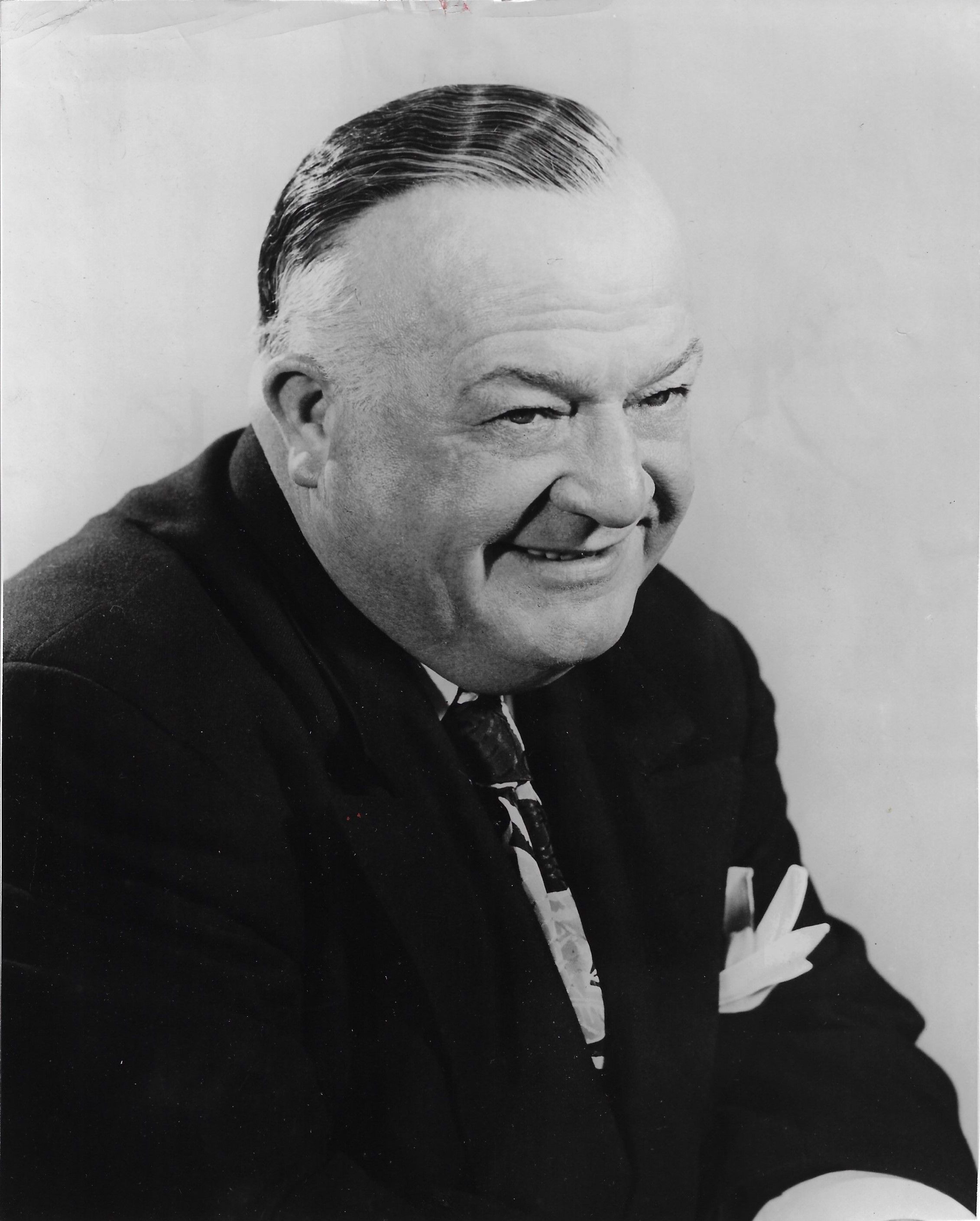

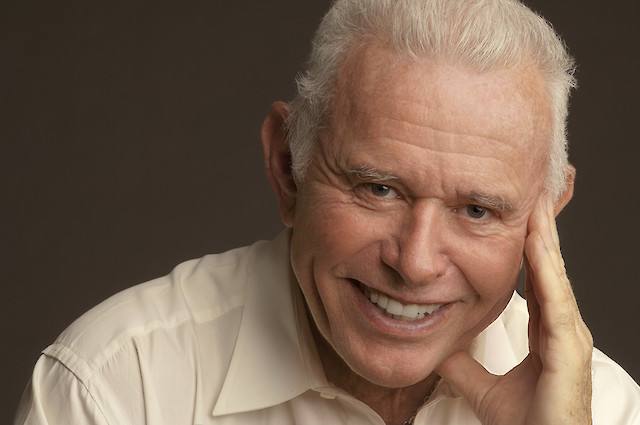

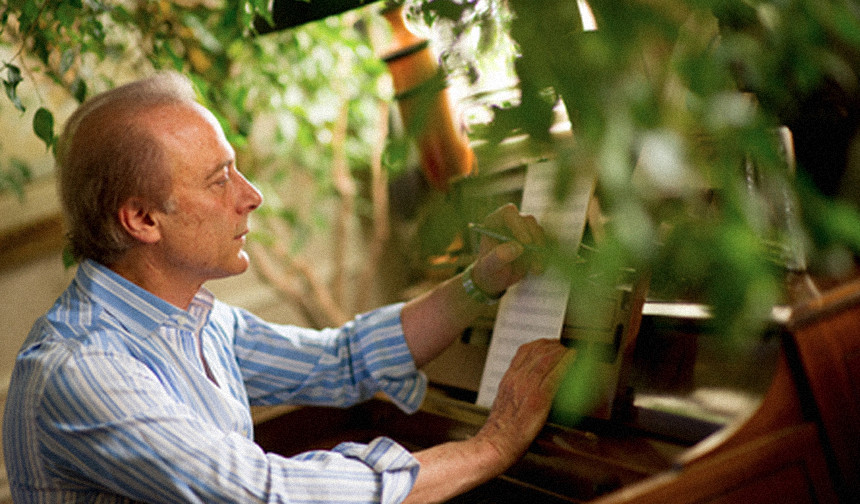
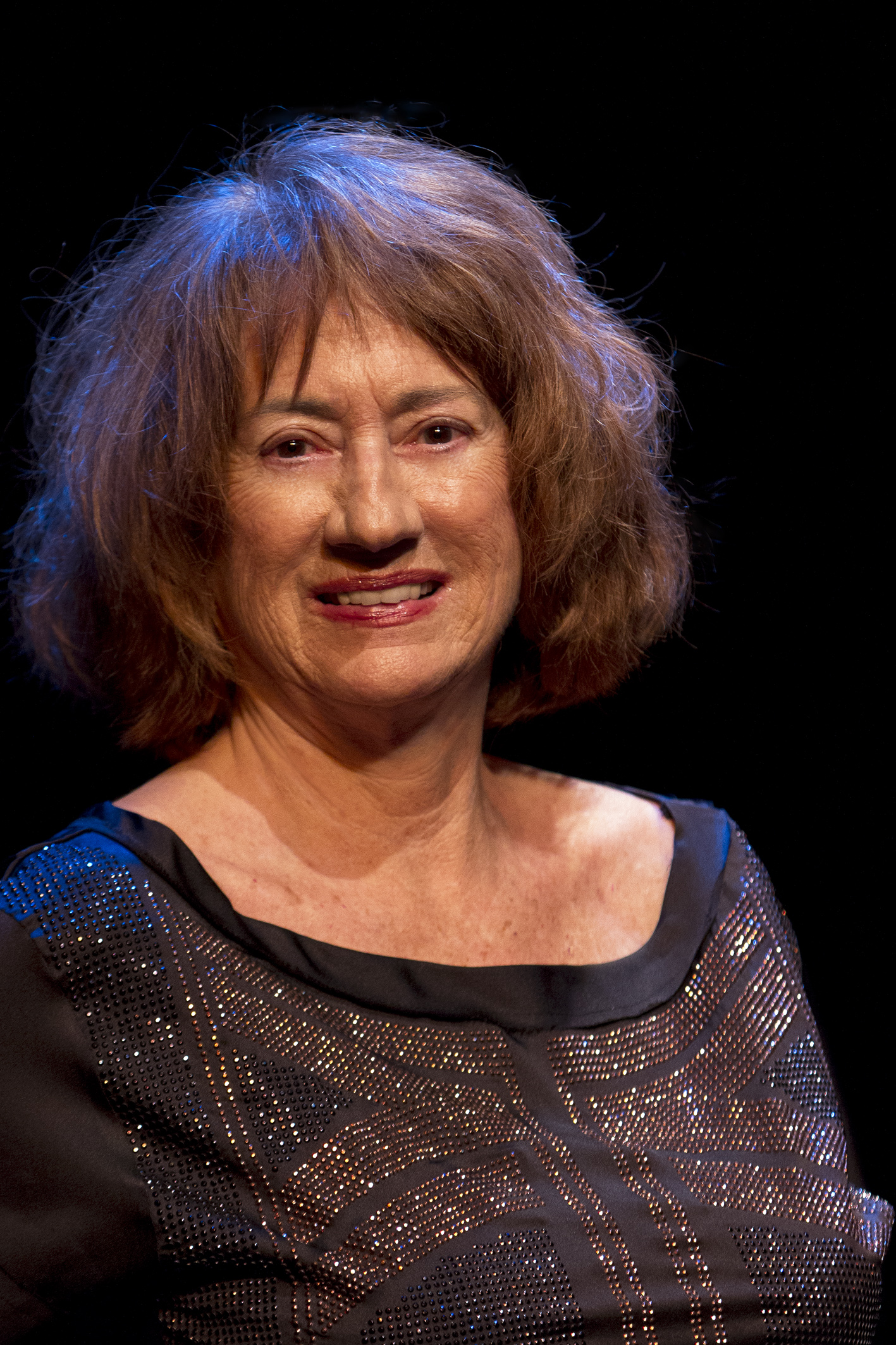
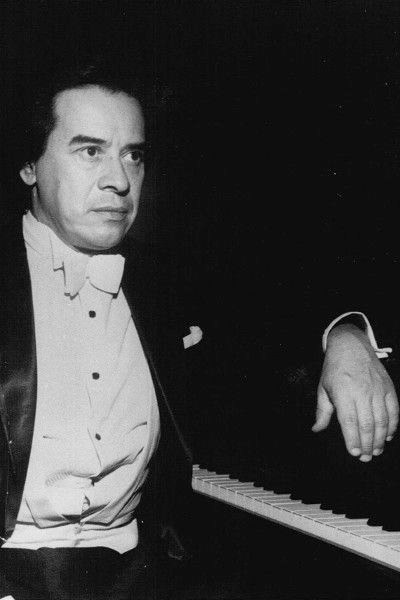
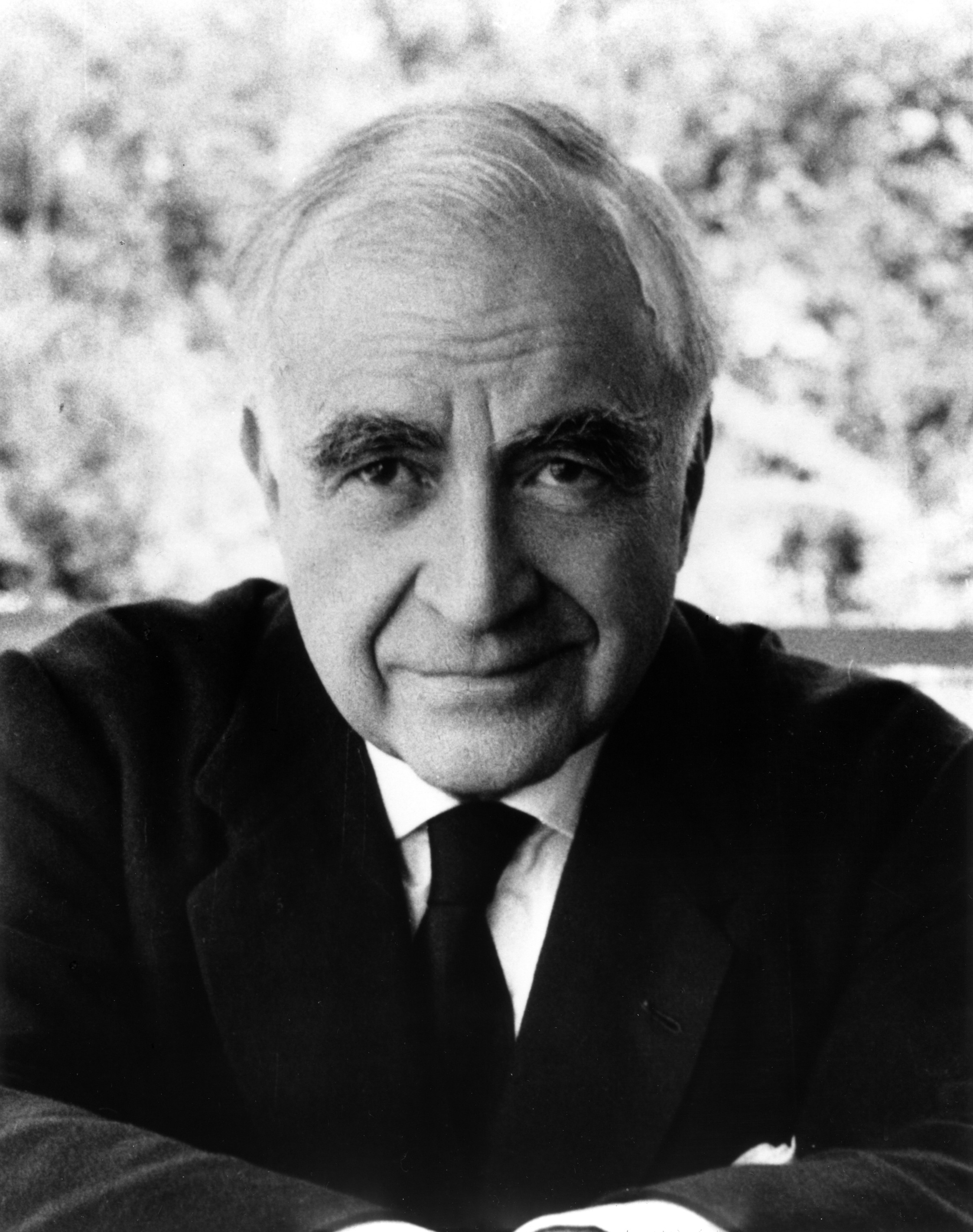

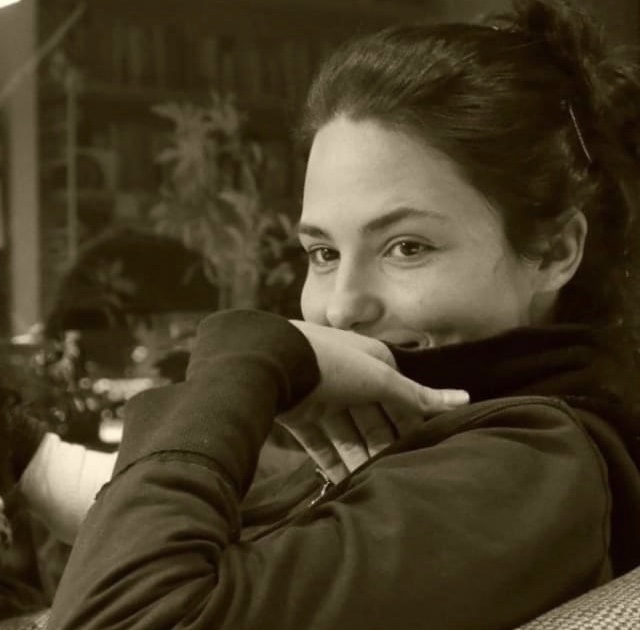


















The piece is the first in a series of orchestral and chamber works which, while tied to the various themes of Joseph C. Phillips Jr.’s 1619 opera cycle, will also represent distinct, independent addendums and companions to the operas. Inspired by Black-owned resorts and leisure spaces during the Jim Crow era, the composition will reflect upon how, as written by historian Andrew W. Kahrl, “[m]ost of these places have long been forgotten and have been entirely left out of most histories of Jim Crow and black life behind the color line” (Kahrl, “Building Black Privatopias,” 94). To borrow from Myra B. Young Armstead, the composition aims to demonstrate how, “[d]uring the late nineteenth and early twentieth centuries, Americans sought rustic retreats and encounters with nature as antidotes to what were perceived as the unhealthful, stultifying, and corrupting aspects of modernization—congested residential arrangements, aesthetically and intellectually uninspiring vistas, and the escalating pace of work. As part of this national drift, African Americans with the means, time, and inclination opted to remove themselves from cities to beaches, country getaways, and wild spaces to enjoy the restorative qualities associated with these settings… The security offered by black-owned resorts, especially those in rural areas, joined with a general belief in nature's benefits in the minds of blacks to invest these particular spaces with special health-inducing powers during the Jim Crow era. In black-owned rustic spaces, there was the tranquility that came from having escaped the rhythms of a work routine. But there was also the serenity that came from having escaped the protocols of systematic and systemic racial discrimination…[experiencing] a soothing balm for the wounds of life under segregation” (Armstead, “Revisiting Hotels and Other Lodgings,” 148–49).
Educational module
Accompanying educational resources for the piece are designed to have intermediate and advanced orchestral students engage with Black leisure during the turn of the century as Black-owned resorts rose to popularity. Students explore what it means to rest with one's community, and how Black Americans cultivated intentional respite from the stressors of life under Jim Crow. Students will engage in deep historical discussions while fine tuning the performance of mood and affect within the piece. The module involves references in the published composition from works of other Black composers, specifically R. Nathaniel Dett (Magnolia Suite), Margaret Bonds (The Negro Speaks of Rivers), Florence Price (The Oaks or Songs of the Oak), and more. The chosen pieces illuminate the inspirational relationship that the land had for many Black Americans.
Arrangement for youth orchestra (ant. July 2024)
Joseph C. Phillips will arrange a single movement from the work for youth orchestra in addition to the professional version of the piece and accompanying educational module.
Level/instrumentation: Intermediate orchestra with double winds/brass
Joseph C. Phillips's work is published by American Composers Orchestra via EarShot: Advancing Equity through Publishing & Repertoire Development, made possible through support from the Sphinx Organization. His work is commissioned by the American Composers Orchestra and workshopped as part of ACO’s EarShot CoLABoratory, generously funded by TD Charitable Foundation.


